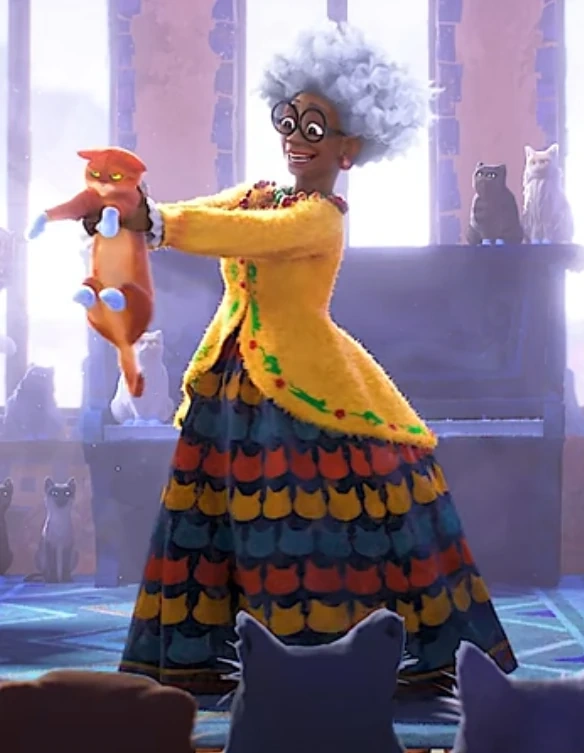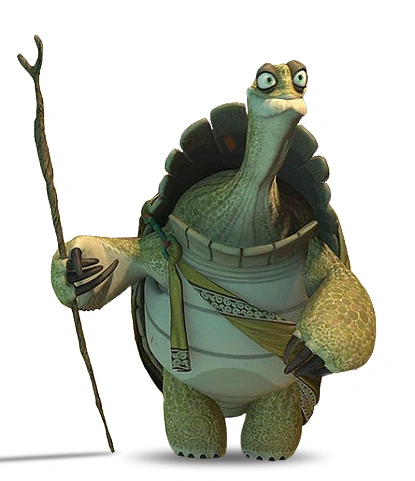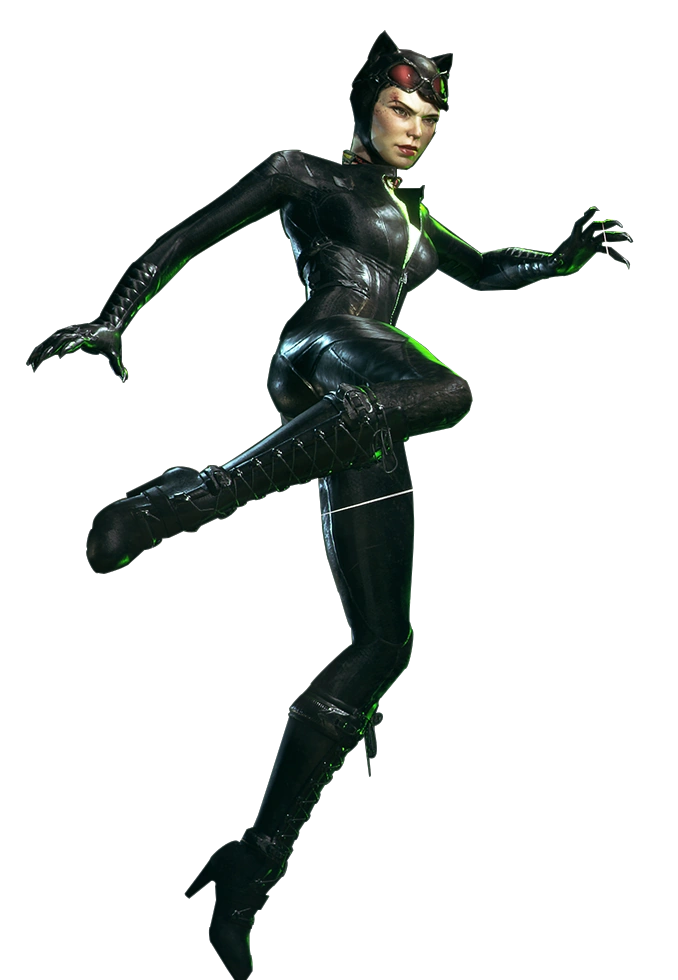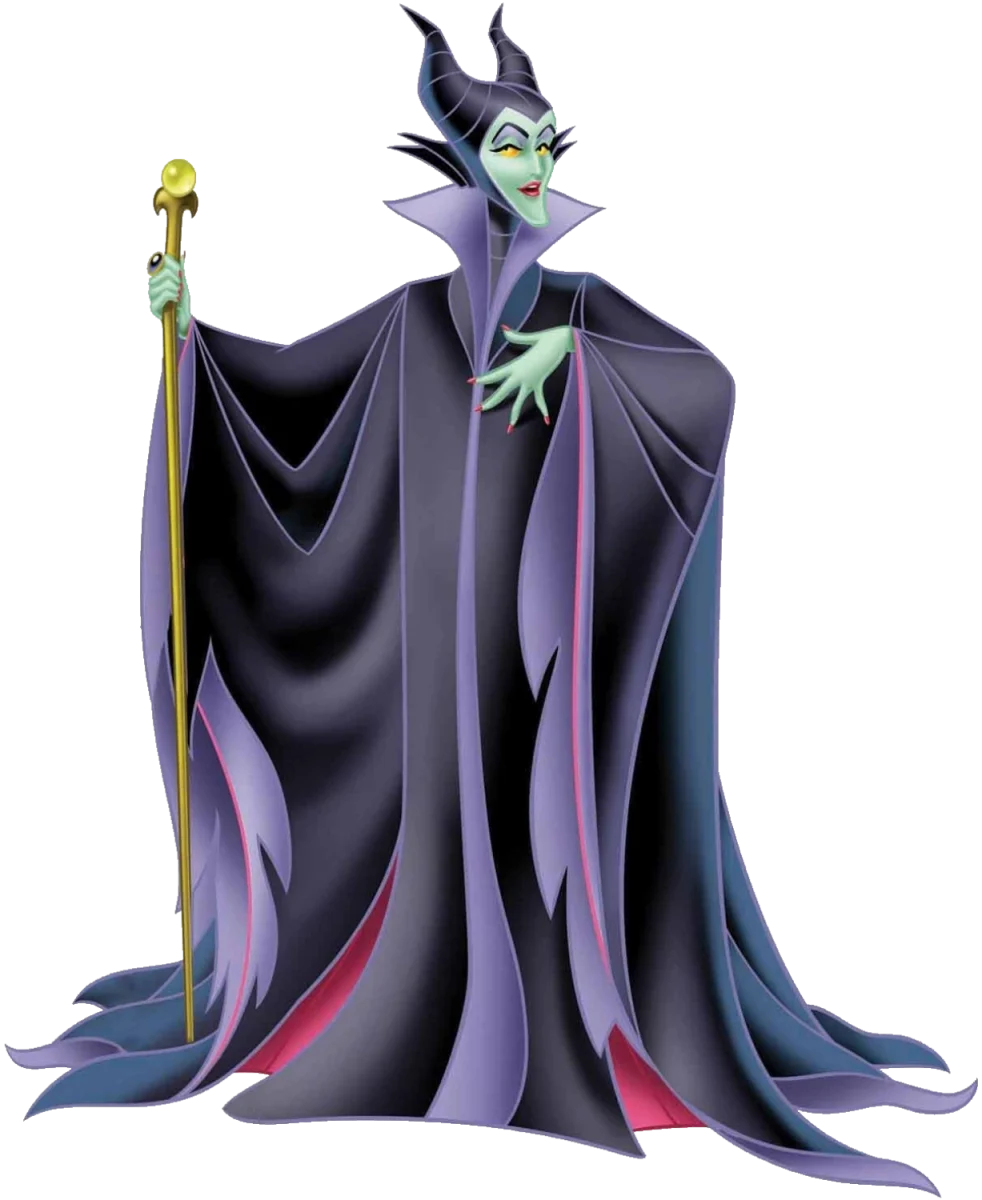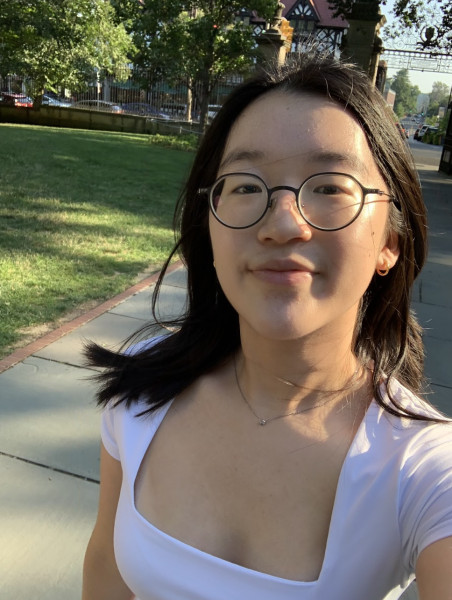When I wrote my first article, I thought the thesaurus was my best friend — I wanted to sound as smart (read pretentious) as possible, so I would search up what I thought were the most sophisticated alternatives to mundanity. Tepid instead of indifferent, lachrymose instead of sad. Over the next few years, however, I eschewed the thesaurus for something even better: my own voice.
Having moved schools every few years until I stumbled into the Zoom rooms of WCHS, I had had to reinvent myself each time to match the yeehaws of Texas, the vast pots of crawfish in Louisiana and finally the suburban-ness of Maryland. With each new shift, I sometimes lost sight of that blurred line between fitting in and staying true to myself, but it was with the Observer that I finally learned how to eliminate the need for that line entirely.
Journalism and the newspaper had been a part of me ever since fifth grade when my parents decided that my head was far too much in the clouds and I needed to learn to be cynical about the world’s harsh truths. Their three-step solution? First, subscribe to the weekly New York Times paper delivery. Second, force me to read in our living room every Sunday. Third, gaslight me into thinking that this was my new weekend fun. Although the first and second were unfortunately out of my control, I rebelled against the third I could control, resolving that I would never ever have fun.
Unconsciously, however, I began flipping through the pages faster than before, scribbling questions in the margins and dog-earing the articles I wanted to read again. Eventually, I forgot that I was on a newspaper strike and instead began babbling to everyone who would listen about the ongoing political scandals and controversial opinions I was devouring, the voices of the New York Times shaping my worldview.
Thus, when I got to WCHS and first enrolled in journalism, my only understanding of the field was through the singularly narrow lens of the one publication I had devoted to for the past years. I wanted to become just like those journalists who were publishing exposés that shifted the global conversation and shared their witty interpretations, and that was why I had decided I needed a thesaurus. However, even through the black Zoom screens of my J1 class, something in me began to shift. To think that I had a solid understanding of journalism, I realized, was entirely and arrogantly presumptuous of me.
With that realization in mind, I set out to absorb as much as possible. Even if I did not want to pursue a journalistic career, I knew the skills I would learn would fundamentally change how I interacted with the world around me for decades. From my first wonderful EICs, the better Jeremy, Olivia and Ela, I gained the confidence to take on challenges and step out of my comfort zone. From my classmates, I found lifelong friends who helped me grow as a journalist and a person. From every person I interviewed, I learned how interesting every individual is, with their own hidden stories to share.
I know that it can be far too easy for many students in today’s education system to lose sight of their initial passion for learning. What I wish I could tell every single one of them as I learn their stories in return is that that never has to be the case. For me, journalism lit the spark in me to stay freshly curious. For some, it could be finding the sweet eureka moments of finally solving a multivariable calculus problem, completing a bacterial transformation lab, or who knows what else. The point is that everyone can find their journalism.
There is so much that being in the Observer has taught me, but the one thing I know I will always carry with me is this: the value of the question mark. No matter how uncomfortable or unexpected the question may be, every single question accomplishes something. Never be afraid to stretch your brain and the brains of those around you because, in the end, those questions that you ask will be the stepping stones of your path forward.







